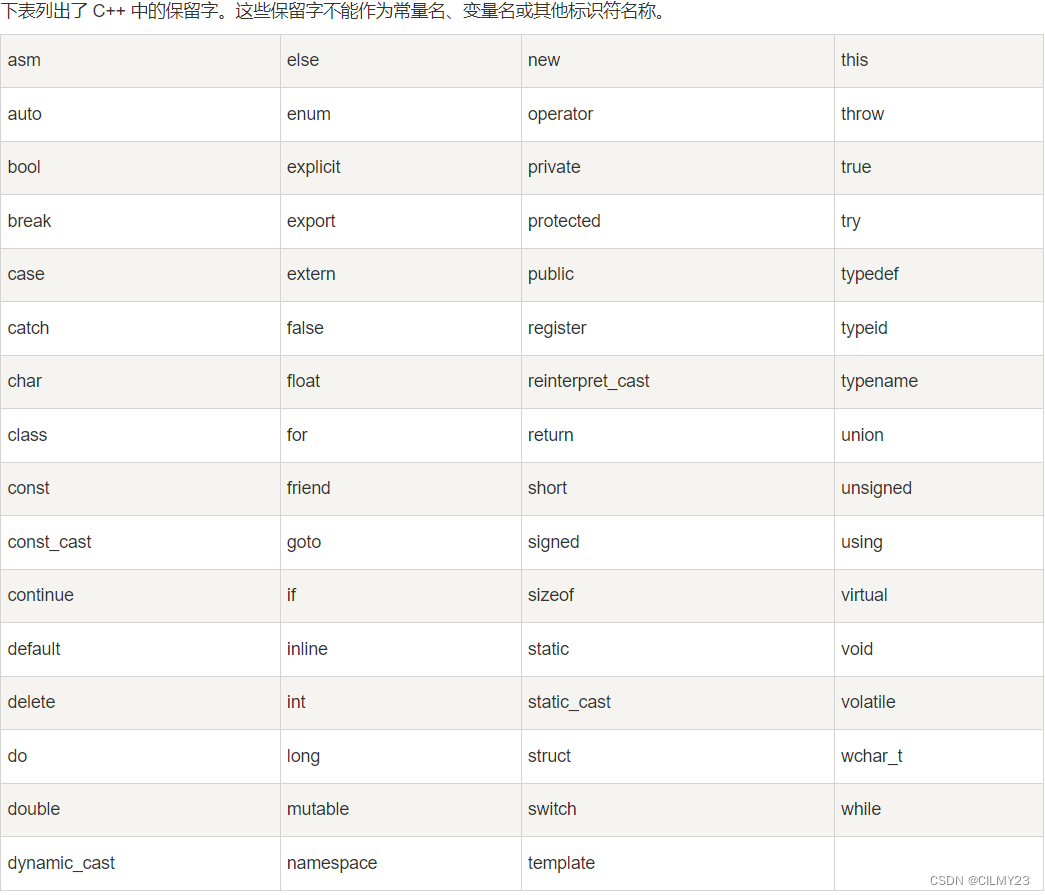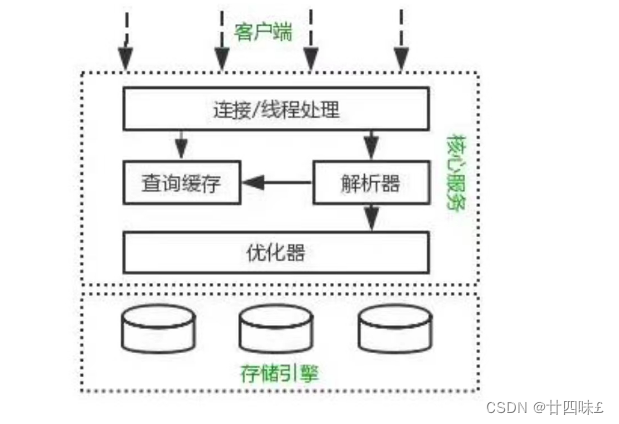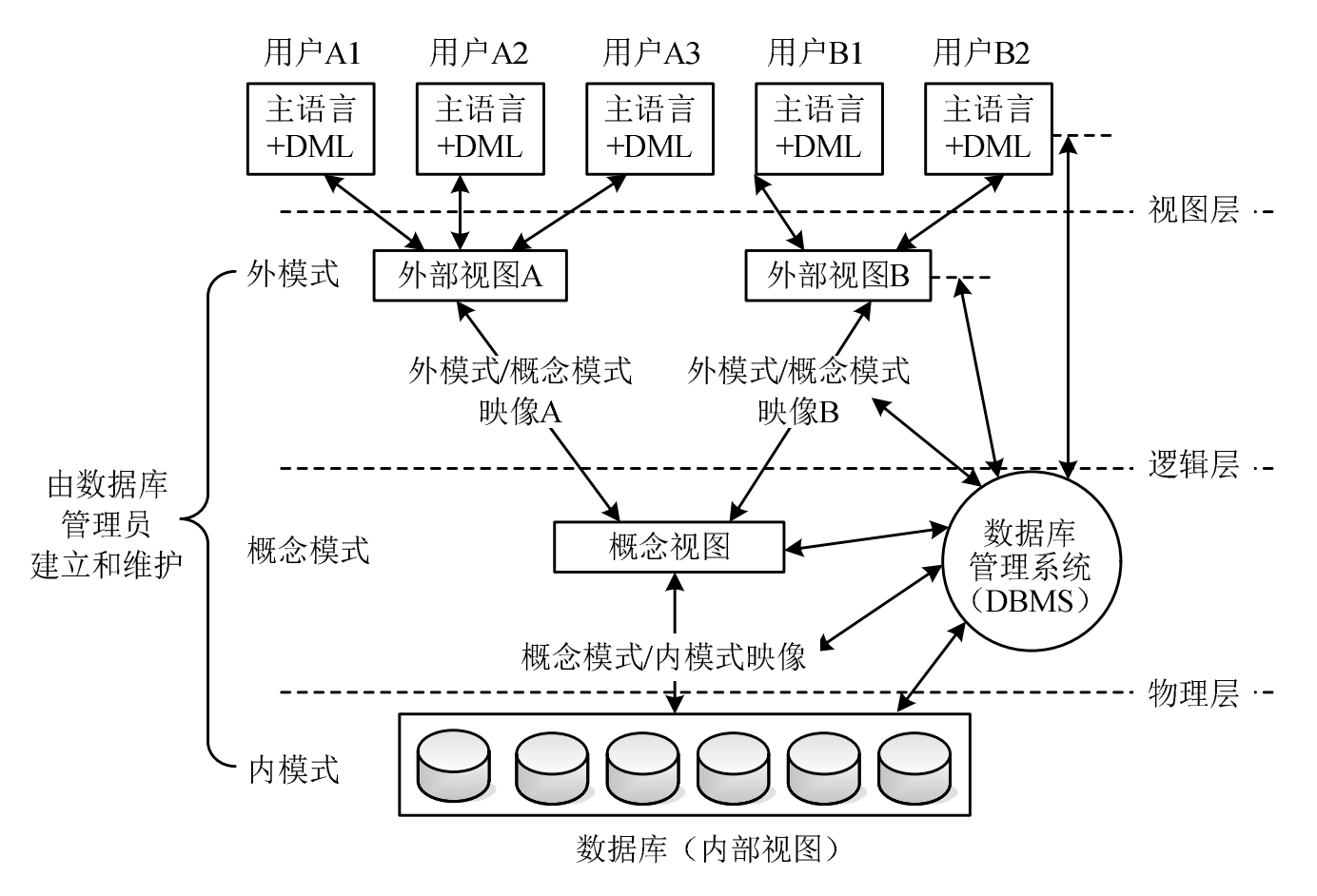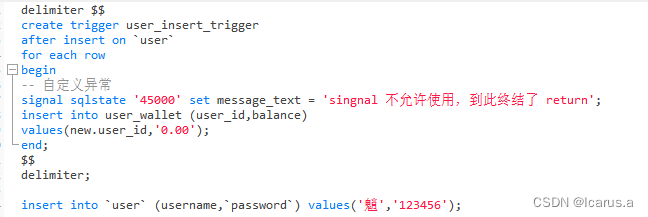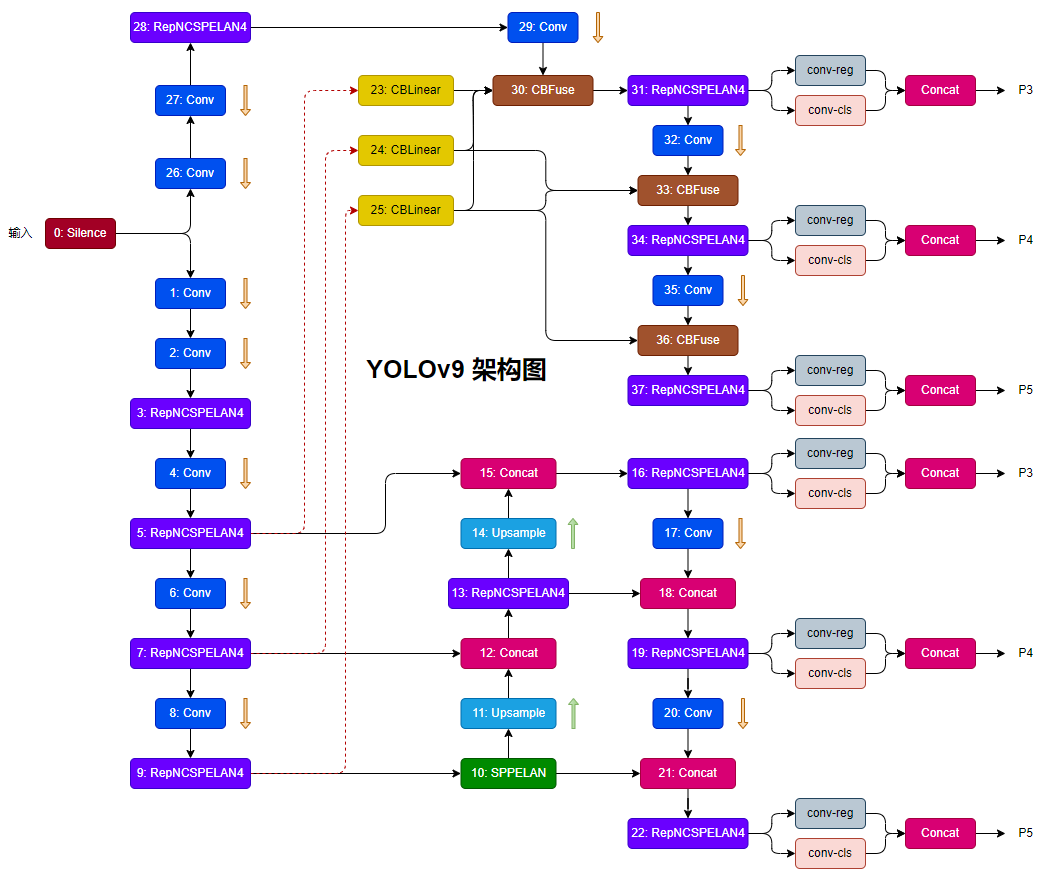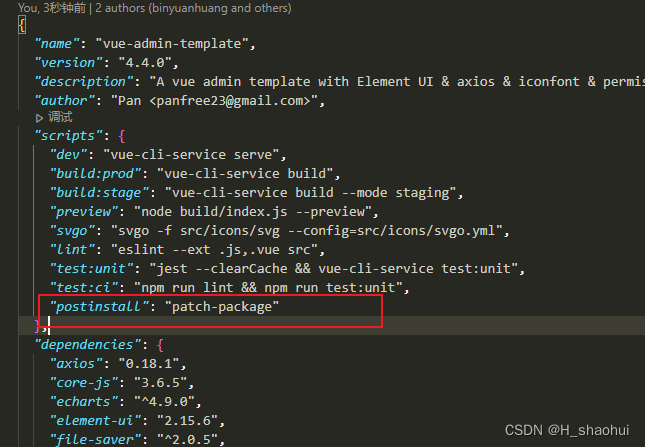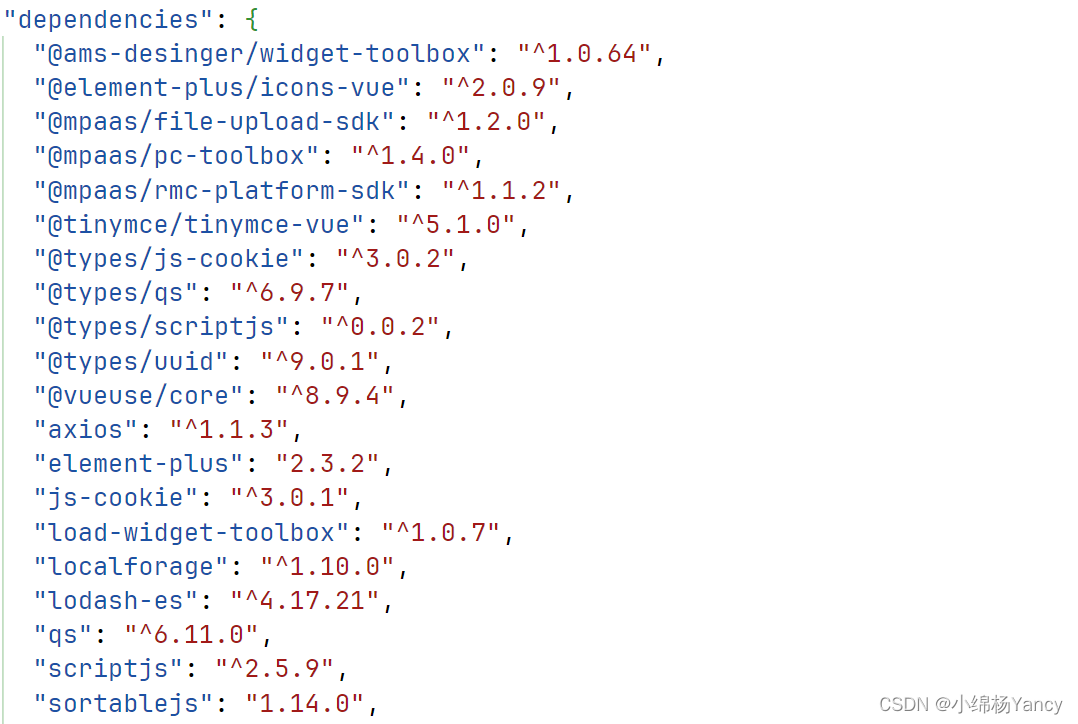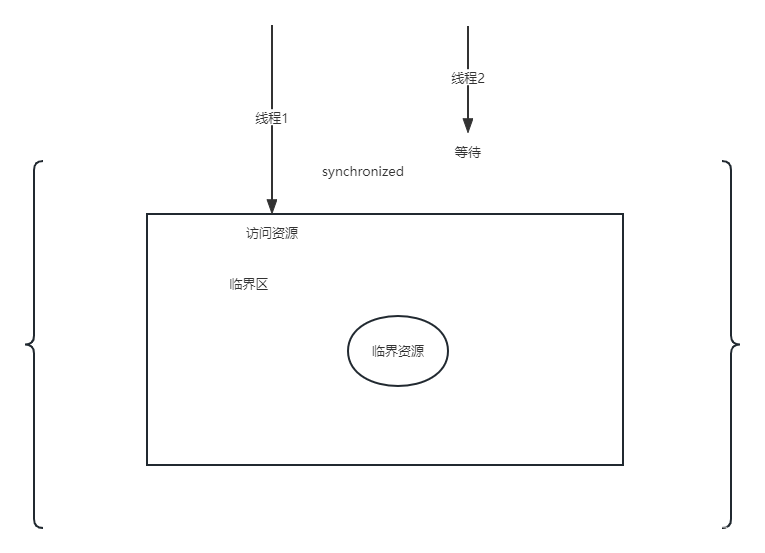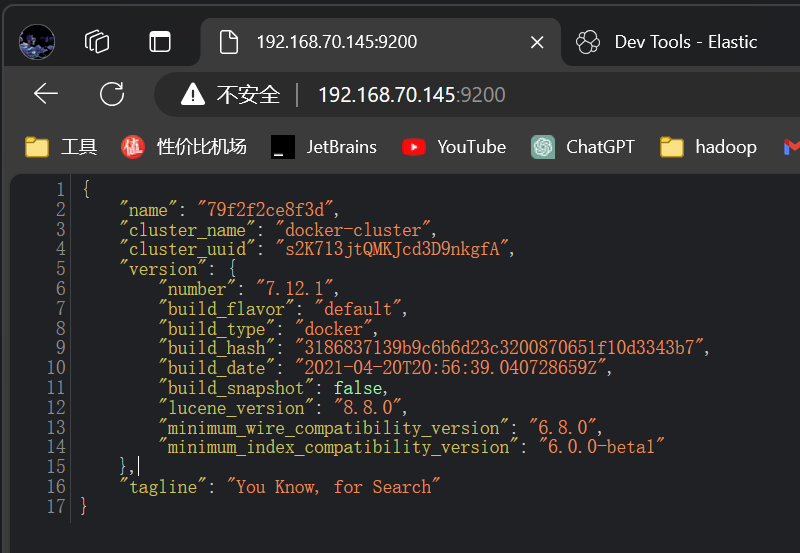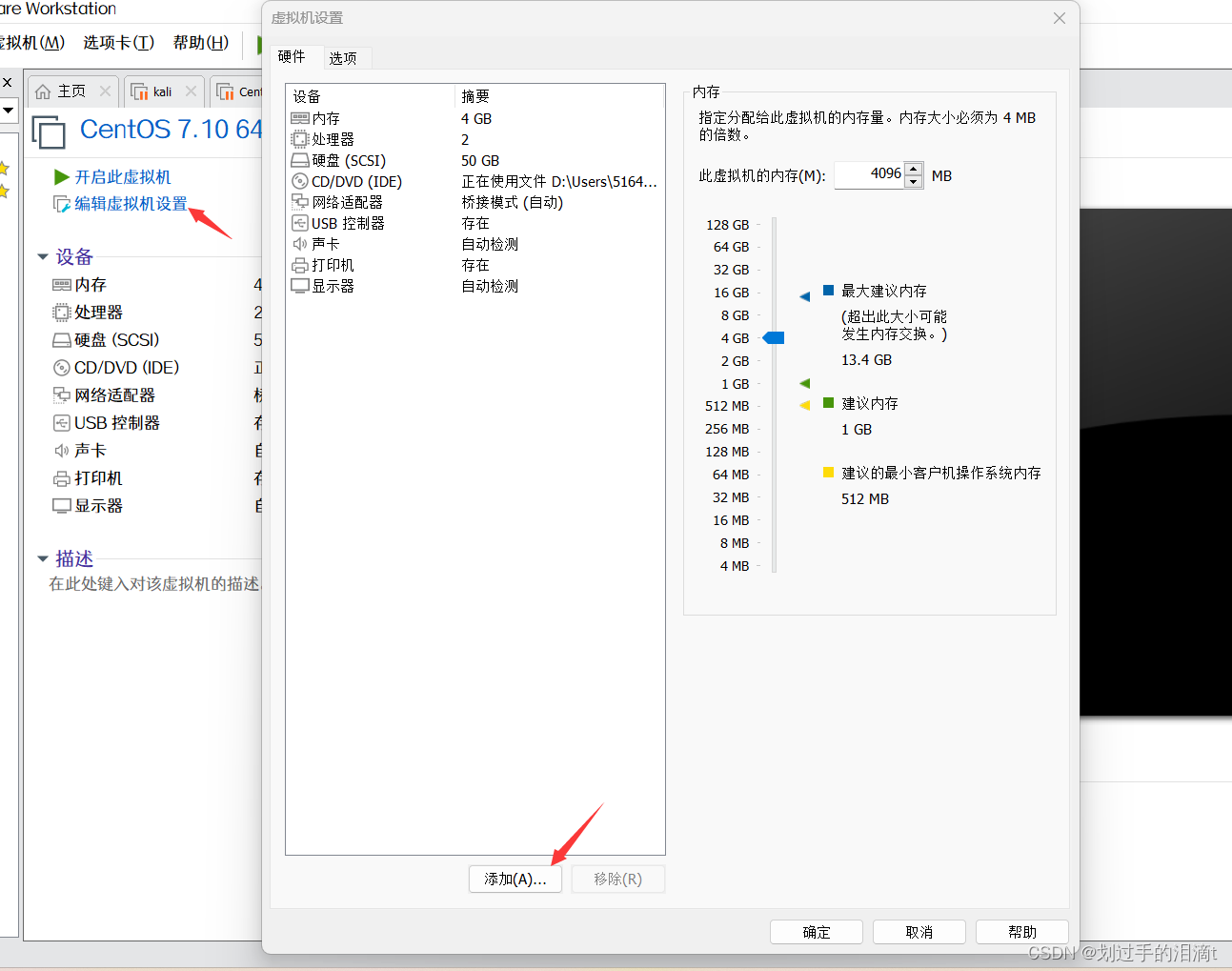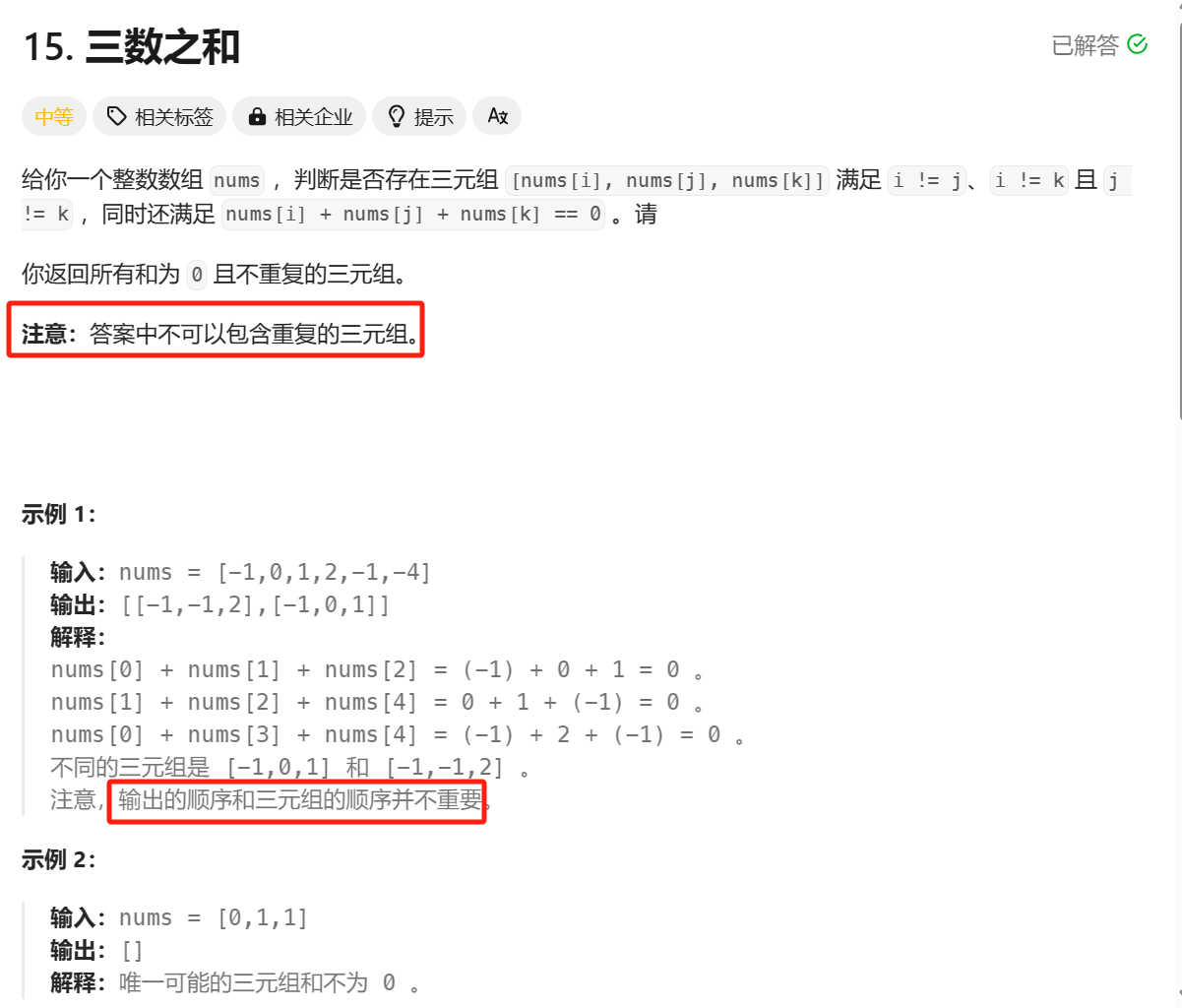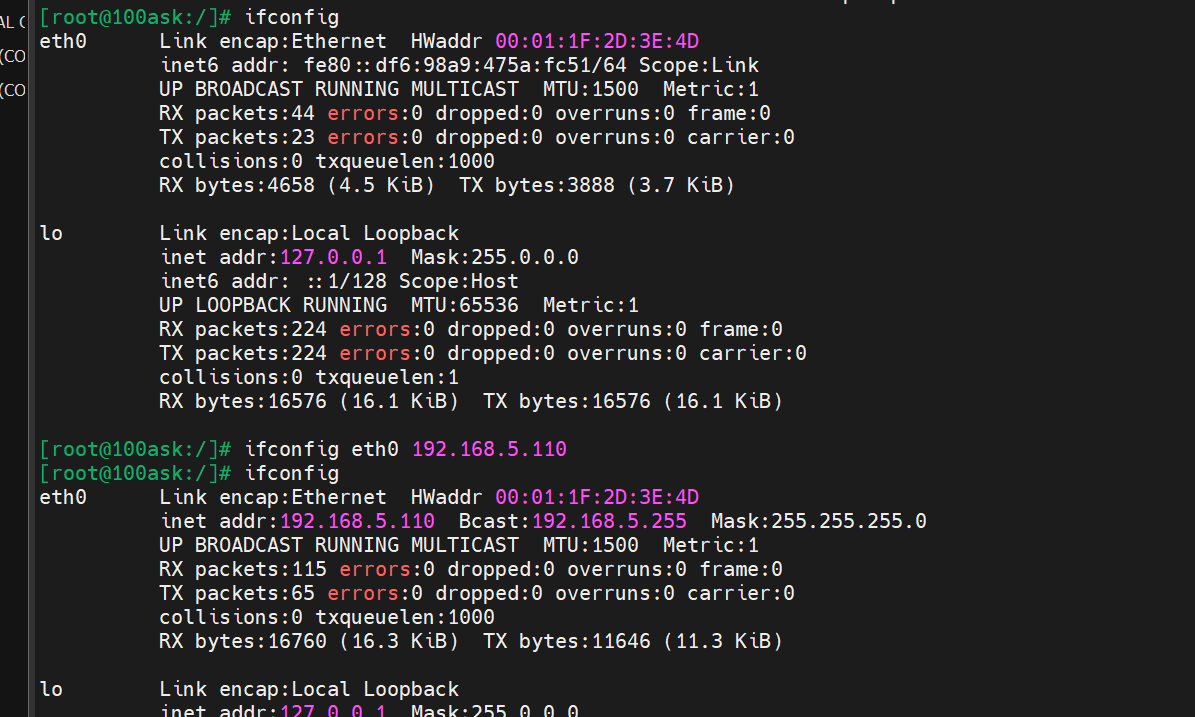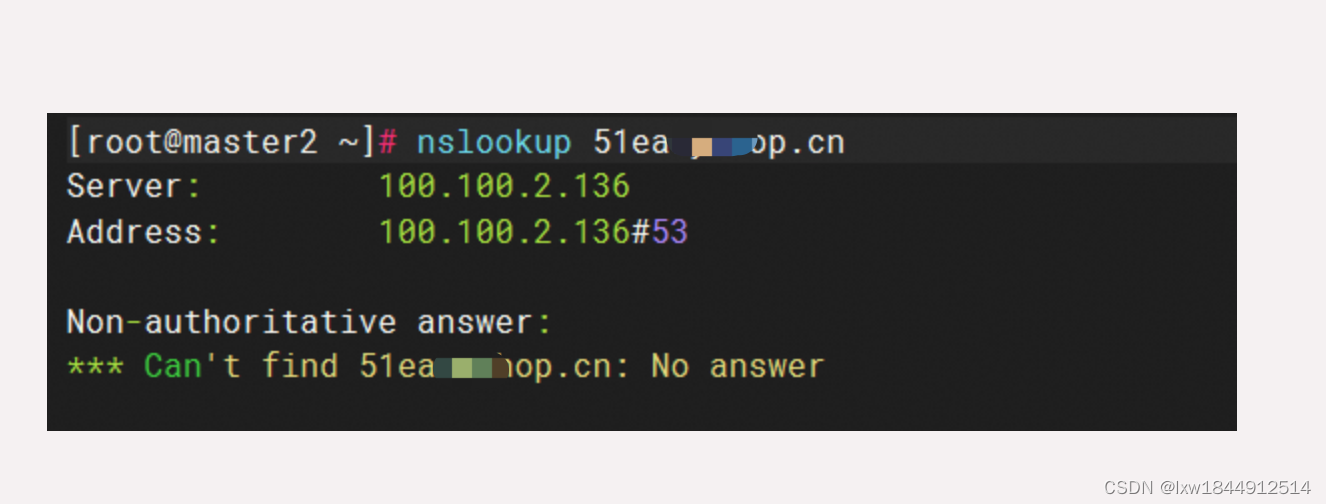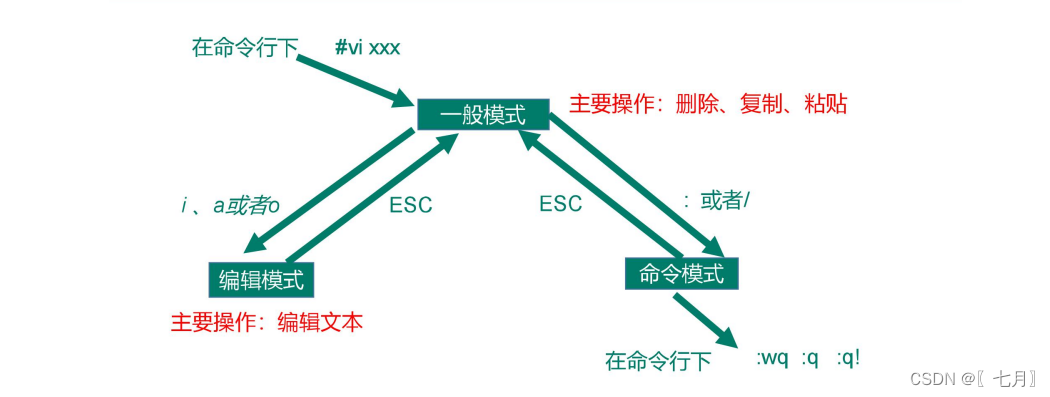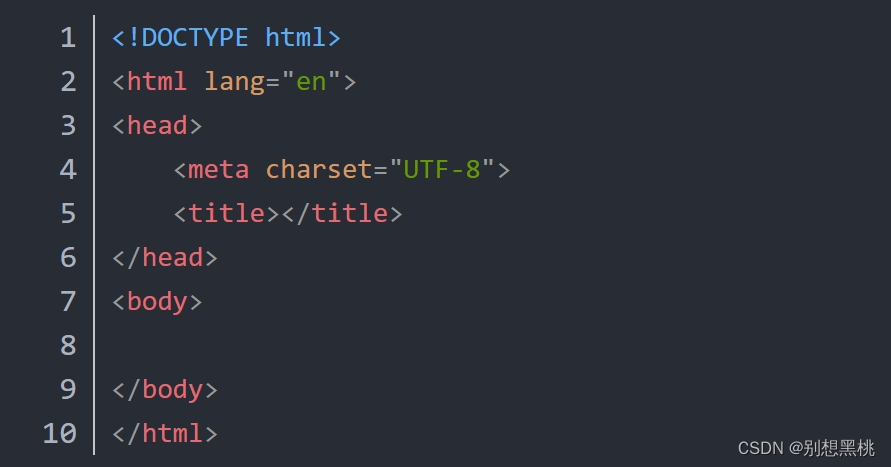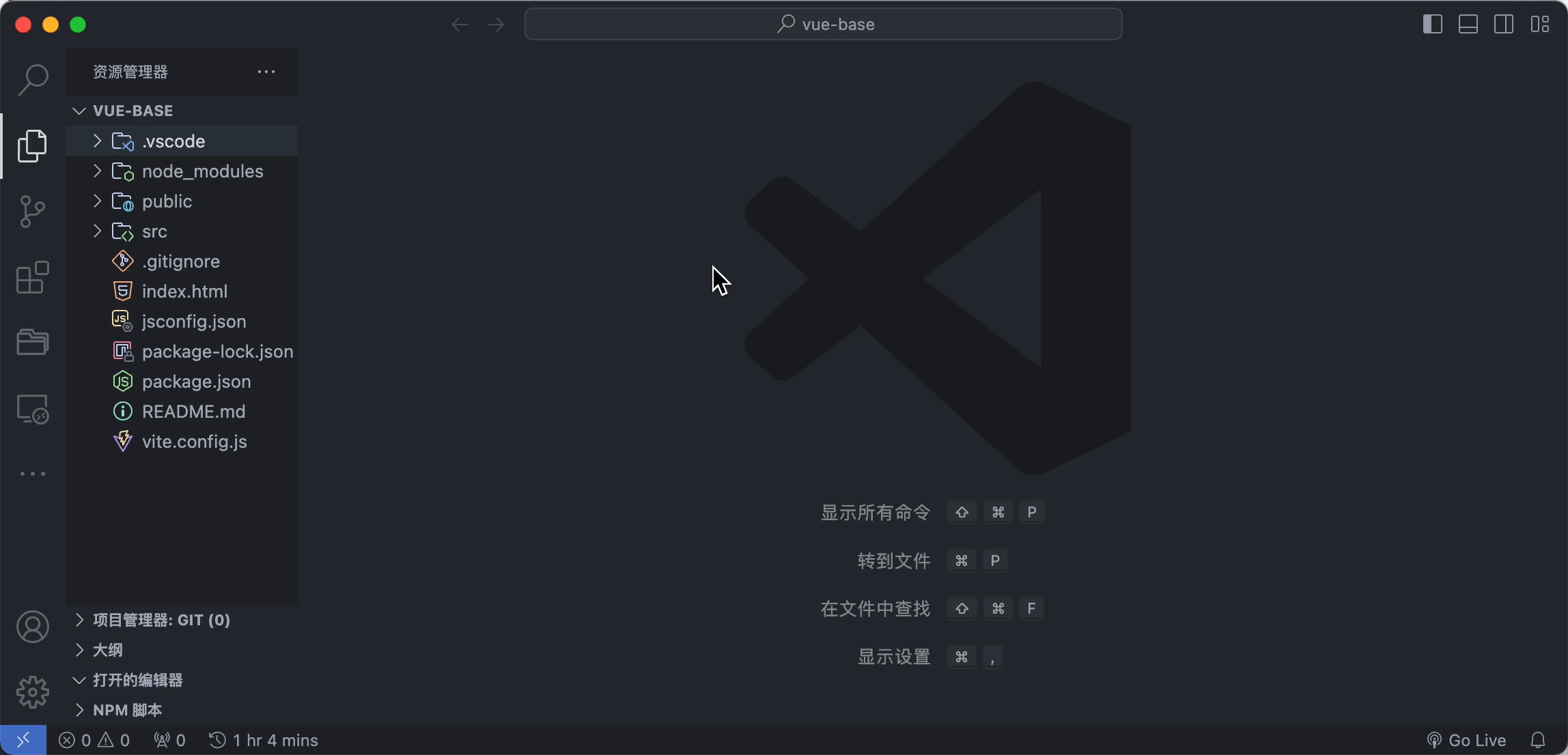初识C++之入门 命名空间(namespace)
文章目录
1.为什么要有命名空间
在C/C++中,变量和函数如果大量存在,变量和函数都存放在全局作用域中,可能会导致命名冲突。其次,在一个多人合作的项目中,也可能出现相同的变量名,这就是为什么要有命名空间,使用命名空间的目的是对标识符的名称进行本地化,以避免命名冲突或名字污染
例如:
#define _CRT_SECURE_NO_WARNINGS 1
#include <stdio.h>
#include <stdlib.h>
int rand = 0;
int main()
{
printf("%p\n", rand);
return 0;
}
运行结果
解释;
在C++中rand是一个函数,其实再定义一个rand变量时,就会出现命名冲突,在C语言中,没有办法解决,所以在C++中提出了命名空间 namespace解决
2. 命名空间 namespace使用方法
在使用命名空间 namespace之前,先来介绍一下在编译默认的查找顺
- 当前局部作用域 (也就是在同一个花括号)
- 全局作用域 (也就是不被花括号 括起来的)
- 如果有展开命名空间则去命名空间找(并不是存在命名空间就会去找)
了解了以上就可以开始使用 namespace了
3. 作用域限定符(::)和 命名空间(namespace)
- 可以通过作用域限定符(::)来访问全局变量
例1:
#include <iostream>
int a = 20;
int main()
{
int a = 10;
printf("%d\n", a); //访问局部变量的a
printf("%d\n", ::a); //访问全局变量的a
return 0;
}
代码运行结果:
10
20
解释:
在不同作用域中可以存在相同名称的变量,当时在局部作用域中访问相同名称的变量时,遵循局部优先原则,会优先访问局部变量,但是在前面加上作用域限定符(::)即可访问全局变量
4. 命名空间的定义
可以通过作用域限定符(::)来访问命名空间(namespace)中的变量
例2:
#include <iostream>
namespace test
{
int rand = 10;
int Add(int x, int y)
{
return x + y;
}
struct student
{
char name[10];
int age;
float score;
};
}
int main()
{
printf("%p\n", rand); //由于在C++中 rand 是一个库函数,所以使用%p打印地址
printf("%d\n", test::rand); //在作用域限定符(::)前加上命名空间名则可访问
printf("%d\n", test::Add(1, 3));
return 0;
}
解释:
test是命名空间名
在命名空间中可以定义变量,函数以及类型
TIPS:如果在同一个工程文件中存在相同名称的命名空间,在编译时则会合并和一个命名空间
5. 命名空间的嵌套
如果出现命名空间名也重复的情况下,则可以嵌套命名空间
例3:
#include <iostream>
namespace Lin
{
namespace test
{
int rand = 10;
int Add(int x, int y)
{
return x + y;
}
struct student
{
char name[10];
int age;
float score;
};
}
}
int main()
{
printf("%p\n", rand);
printf("%d\n", Lin::test::rand);
printf("%d\n", Lin::test::Add(1, 3));
return 0;
}
6. 命名空间的使用
1. 通过命名空间名加域作用限定符
#include <iostream>
namespace test
{
int a = 20;
}
int main()
{
printf("%d\n",test::a);
return 0;
}
代码运行结果:
20
2. 使用using展开部分命名空间
#include <iostream>
namespace test
{
int a = 20;
int b = 30;
}
using test::b;
int main()
{
printf("a = %d\n",test::a);
printf("b = %d\n",b);
return 0;
}
代码运行结果:
a = 20
b = 30
3. 使用using展开全部命名空间
#include <iostream>
namespace test
{
int a = 20;
int b = 30;
}
using namespace test;
int main()
{
printf("a = %d\n", test::a);
printf("b = %d\n", b);
return 0;
}







